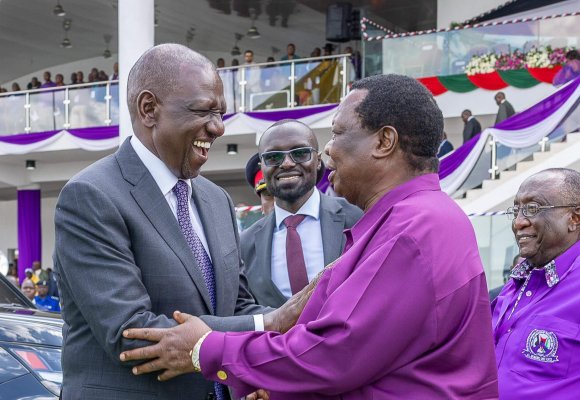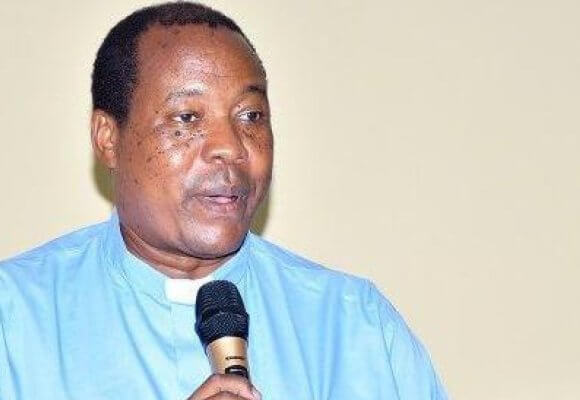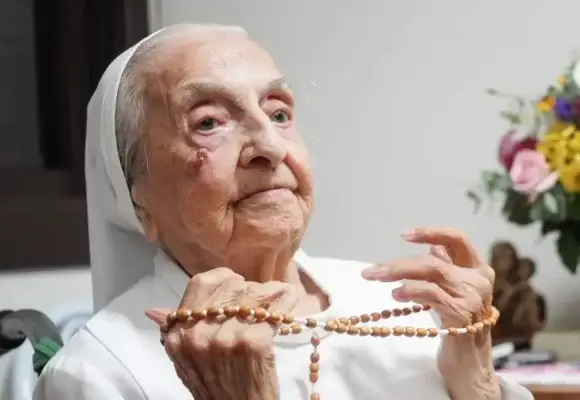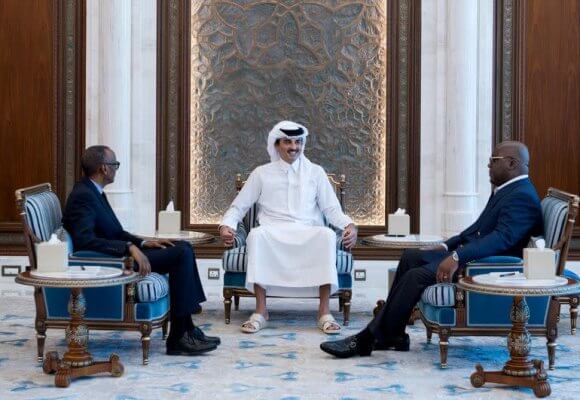|
LISTEN TO THIS THE AFRICANA VOICE ARTICLE NOW
Getting your Trinity Audio player ready...
|
While turmoil, confusion and insecurity engulfs Haiti, Jimmy Cherizier, a notorious gang leader, has emerged as a central figure in a violent bid to overthrow Prime Minister Ariel Henry. Cherizier’s warning of civil war and the specter of “genocide” loom large unless Henry relinquishes power.
Last week, armed criminal gangs, wielding significant influence across the nation, orchestrated a synchronized assault aimed at removing the prime minister while he was abroad in Kenya. Reports emerged that Henry, initially scheduled to step down in February, found himself stranded in Puerto Rico after the Dominican Republic denied landing rights to his plane. The Dominican Republic shares the island of Hispaniola with Haiti.
Speaking to reporters in the capital, Port-au-Prince, Cherizier—also known as “Barbecue”—issued a chilling ultimatum. He declared that unless Henry resigns and the international community ceases its support for him, Haiti would plunge into a devastating civil conflict with catastrophic consequences. Cherizier, a former police officer under United Nations sanctions for human rights abuses, painted a dire picture of the country’s future, emphasizing the urgency of addressing the grievances of Haiti’s marginalized communities.
Violence escalated as gangs engaged in confrontations with law enforcement outside the Toussaint Louverture International Airport, forcing its closure. Schools, banks, and other essential services remained shuttered.
The chaos reached a crescendo over the weekend as gangs raided Haiti’s largest prisons, facilitating the escape of thousands of inmates. Michel St-Louis, a resident of Port-au-Prince, voiced the prevailing sentiment of uncertainty and apprehension, expressing hope that Henry’s ousting would pave the way for a restoration of order.
Henry’s tenure, which began following a political agreement with the opposition after the assassination of President Jovenel Moise in 2021, was marked by escalating gang violence that extended beyond urban centers into rural areas, overwhelming security forces. Despite calls for elections, Henry argued that the volatile situation necessitated intervention by a UN-backed multinational police force to stabilize the country.
The humanitarian toll of the conflict became increasingly evident, with reports indicating that over 15,000 people had evacuated the worst-affected areas of Port-au-Prince. Stephane Dujarric, spokesperson for UN Secretary-General Antonio Guterres, highlighted the dire humanitarian situation, while rights groups warned of escalating food shortages in regions affected by the conflict.
In response to the escalating crisis, the Haitian government Sunday declared a state of emergency and imposed a nighttime curfew. The UN Security Council convened a closed-door meeting to address the unfolding crisis.
Neighboring countries, grappling with the spillover effects of Haiti’s instability, began withdrawing embassy staff and urging their citizens to evacuate.











LEAVE A COMMENT
You must be logged in to post a comment.